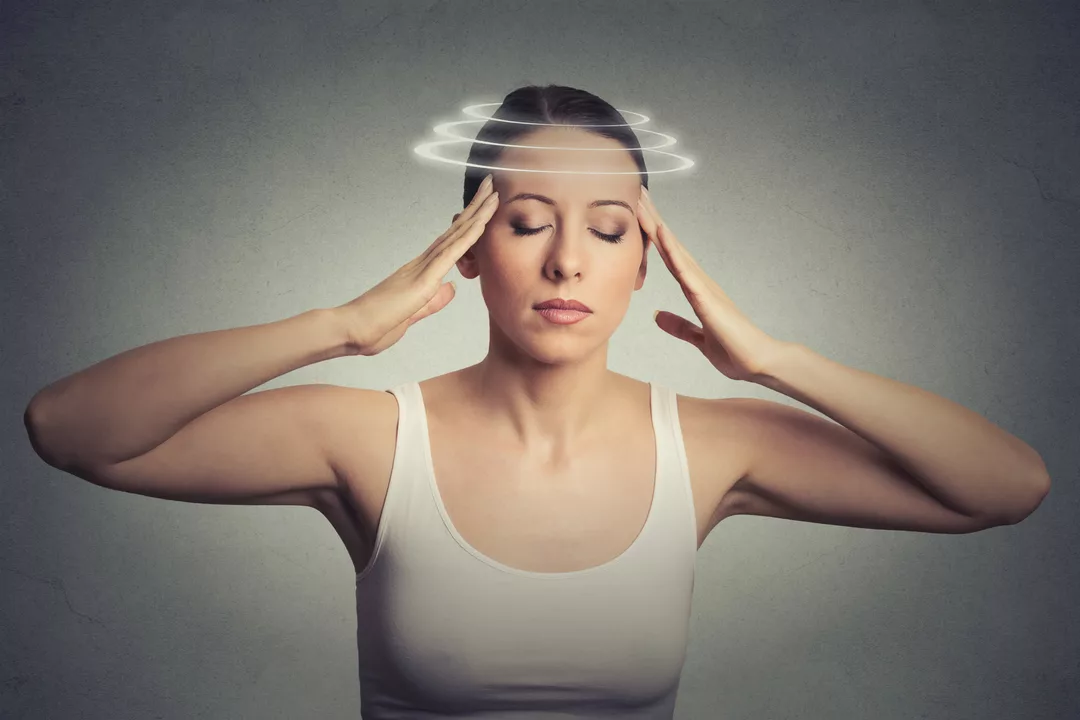Motion sickness: fast relief, prevention, and what meds work
Feeling queasy on a boat, plane, or even in the back seat? Motion sickness happens when your brain gets mixed signals from your eyes and inner ear. Nausea, sweating, dizziness, and that cold-clammy feeling are common. The good news: there are simple habits and safe medicines that usually help fast.
Easy fixes you can try right away
Sit where motion is felt least — front seat in a car, over the wings on a plane, or the middle of a boat. Look at the horizon or a stable point, not at your phone or a book. Fresh air and steady breathing calm nerves and reduce nausea. Skip heavy, greasy meals before travel and avoid alcohol. Try ginger (candies, tea, or capsules) — many people find 500–1000 mg helpful for mild nausea. Acupressure wristbands that press the P6 point on your inner wrist work for some folks and are drug-free.
If you start to feel off, close your eyes for a minute, lie down if possible, or focus on slow inhaling and exhaling. Drinking small sips of water or an electrolyte drink can stop dehydration from making symptoms worse.
Medicines: what works and what to watch for
Over-the-counter options include dimenhydrinate (Dramamine) and meclizine (Bonine). Both reduce nausea but can make you drowsy — don’t drive after taking them. A scopolamine patch (behind the ear) is prescription-only in many places and works well for longer trips; avoid it if you have narrow-angle glaucoma or trouble urinating. For severe cases, doctors may prescribe ondansetron or other anti-nausea meds.
Always check interactions. Antihistamines and scopolamine add up with alcohol, sleep meds, or certain antidepressants, increasing drowsiness or confusion. If you take regular prescription meds, ask your pharmacist whether a motion-sickness drug is safe for you.
For kids, follow dosing on the label and talk to your pediatrician before using adult meds. Non-drug strategies — seat choice, ginger, and fresh air — are great first steps for children.
When should you see a doctor? If vomiting is severe, you can’t keep fluids down, or symptoms last days after travel, get medical help. Also see a clinician if motion-like symptoms happen when you’re still; that could point to inner-ear or neurological issues that need evaluation.
Quick checklist before a trip: pick your seat, eat light, bring a ginger product, pack OTC meclizine or dimenhydrinate if you’ve used them safely before, and avoid alcohol. If your job or safety requires alertness, avoid sedating meds and ask your doctor for alternatives.
At RxStore-365 we aim to help you find safe, practical advice about common drug choices and travel tips. If you’re unsure which option fits your health needs, contact a pharmacist or your doctor — they can recommend dosing and check for interactions based on your meds and conditions.

The science behind dizziness and motion sickness: A closer look
In my latest blog post, I took a closer look at the science behind dizziness and motion sickness. It turns out that these uncomfortable sensations are primarily caused by conflicting signals between our inner ear, eyes, and brain. Our inner ear helps us maintain balance, but when we experience motion or a change in position, it can send mixed signals to our brain. This can result in dizziness, nausea, and even vomiting. So, the next time you're feeling dizzy, remember that your body is simply trying to make sense of the world around you!
Read More




